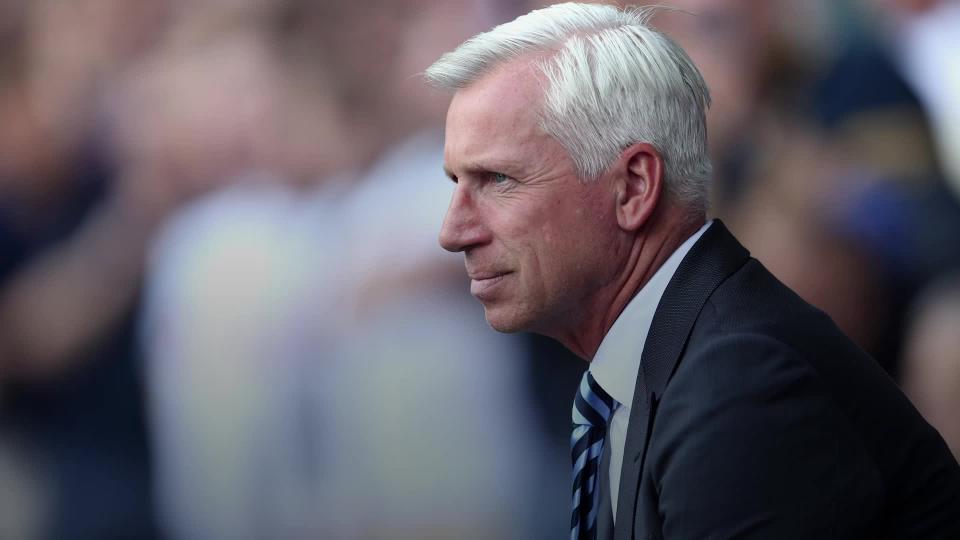Why don’t clubs scout managers in the same way they do players?

Alan Pardew has been named West Brom’s new manager today (Wednesday).
His appointment comes just two weeks after David Moyes was appointed at West Ham, one of Pardew’s former clubs, and just two months after Roy Hodgson’s appointment at Crystal Palace, another one of Pardew’s former clubs, with Hodgson also a former West Brom manager.
Elsewhere, Sam Allardyce, himself a former Crystal Palace and West Ham manager, is the supposed frontrunner for the current vacancy at Everton.
This is how the carousel works, circulating the same old managers round the same old Premier League clubs. There is such crossover because time and time again they demonstrate a lack of originality in the identification and appointment of managers.
READ MORE: Gossip – Arsenal ‘snubbed by Griezmann’, Chelsea eye ‘Alex Sandro’ and more
READ MORE: Brighton accuse Crystal Palace fans of causing trouble
Has anyone associated with West Ham been truly inspired by the arrival of Moyes? Will Pardew really reinvigorate West Brom? In both cases, it seems unlikely, yet these are the guys so many Premier League clubs turn to in their time of need.
So why aren’t they more imaginative in their identification of potential managerial candidates? Given that essentially every Premier League club boasts an elaborate web of scouts planted around the world to seek out the best players, is it not somewhat peculiar that they don’t do the same when it comes to the search for managers? Why don’t more clubs have scouting networks in place for coaches?
This is the age of the manager, after all. Football is a sport utterly obsessed with those who sit in the dugout and stand on the touchline, we hear from managers before the game, after the game, we speculate over their tactics during the game, over their transfers during the summer, with their every utterance reported through the media. It’s bizarre, then, that so little importance appears to be attached to the hiring of them.
Of course, there are some notable exceptions. Southampton, for instance, have more than once looked outside the box when appointing a new manager.
In fact, the Saints actively push back against the notion of the old boys club, with the hiring of Mauricio Pellegrino following on from the appointment of Claude Puel, Ronald Koeman and of course Mauricio Pochettino.
Watford too have forged an identity for themselves by going against the grain, with Marco Silva considered one of the brightest young coaches in the Premier League today.
But in the case of both the Hornets and Southampton, their willingness to look far and wide for new managers comes from a holistic approach applicable across the entire club. Watford and Southampton appoint the managers they do because of the respective structures in place.
Silva, in particular, could change the Premier League managerial landscape for good. Everton identified the Portuguese coach as their number pick to succeed the sacked Koeman, offering the Vicarage Road club a compensation package of £10million. That, of course, was almost unheard of in the pursuit of a manager. But why?
Clubs wouldn’t flinch at paying £10 million for a player. In fact, in today’s market that would represent something of a bargain, with Premier League clubs spending considerably over the summer this year. So why is the thought of paying £10 million for a manager so jarring? Once again, there is a disconnect between the age we live in, which places managers at the head of the food chain, and the process that puts them there.
The point isn’t necessarily that Pardew is the wrong man for the West Brom job, or that Everton could do much better than Allardyce. It’s that the process that ultimately brought these men to their next pay day is flawed. Premier League clubs are hailed as the epitome of modern sporting practice. That certainly doesn’t extend to the way they hire managers.


